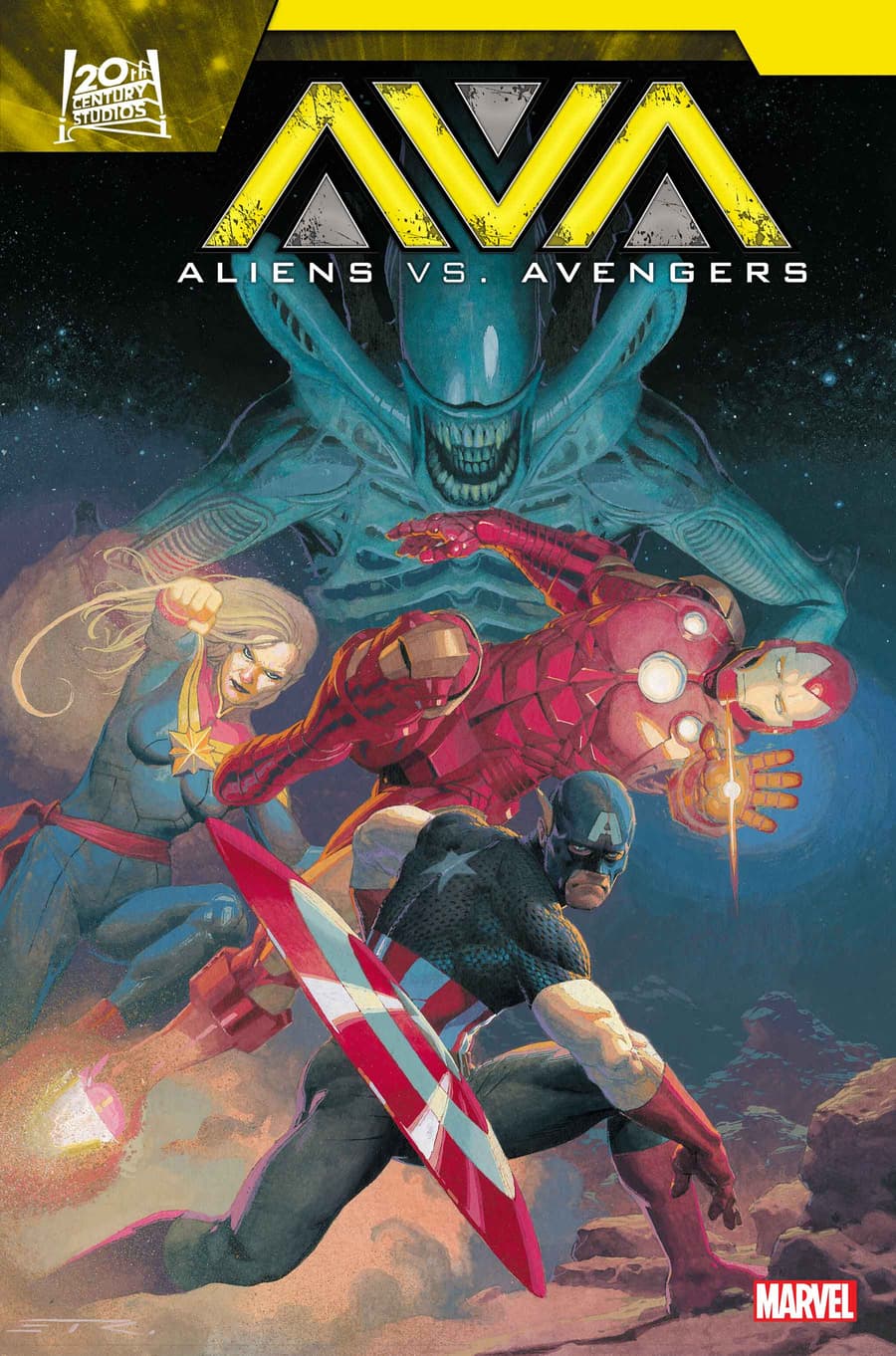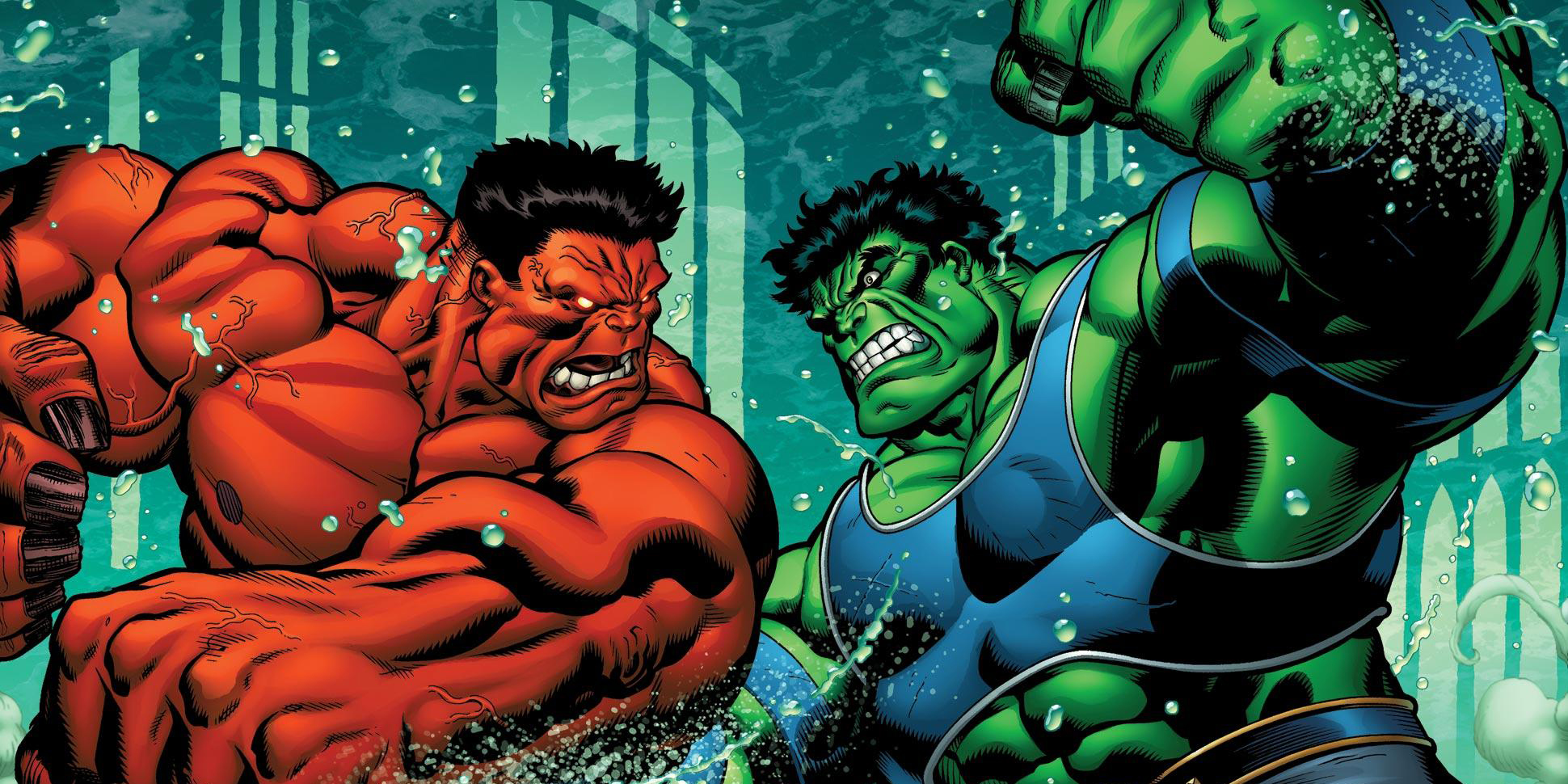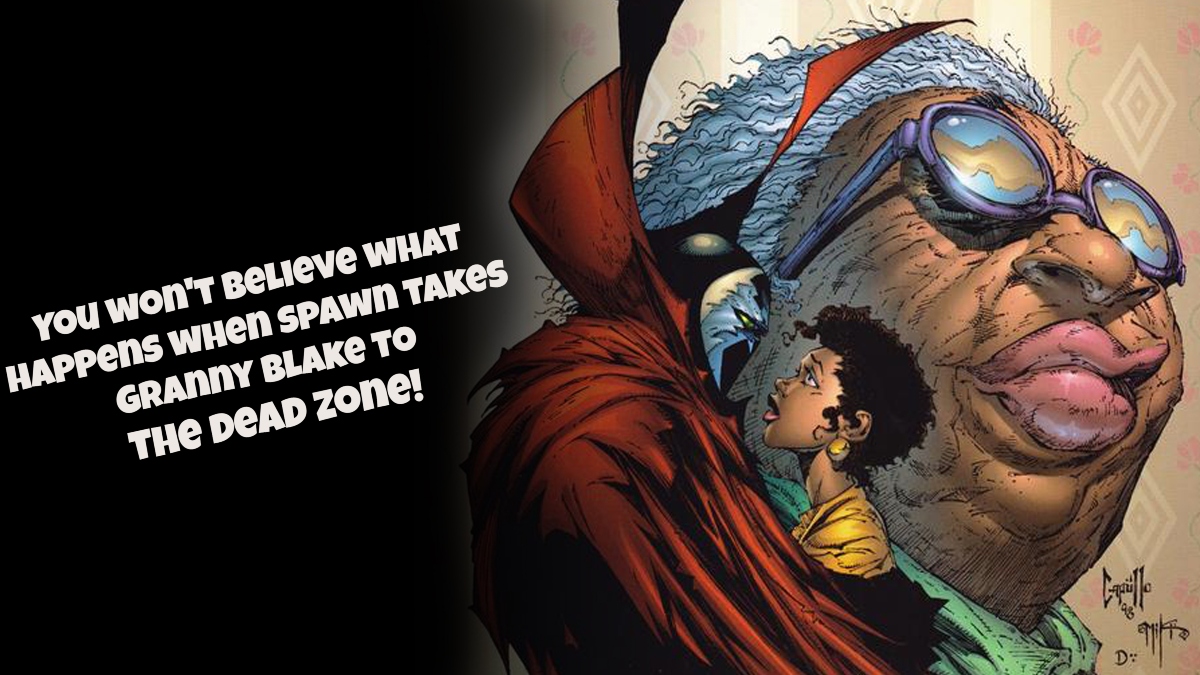The Washington Post set a prolific historical victory against the U.S. government for the freedom of press.
The Post is a dramatized narrative of The Washington Post publisher Kay Graham in the turbulent week of battling a federal indictment to suppress the freedom of press. At the same time, Graham was leading the paper into an initial public offering, in which she must convince the investors and journalists to stay on board with the publication of a secretive report on the Vietnam War.
The film stars Meryl Streep and Tom Hanks with director Stephen Spielberg at the helm. The screenplay was written by Liz Hannah and Josh Singer.
LRM had a telephone interview earlier this month with the co-writers Liz Hannah and Josh Singer in regards to the project. We discussed bringing the dramatization and authenticity of this journalistic historical week on to the big screen. Additionally, we also talked about the real-life relevance of the 1970s event paralleling to today’s political climate.
The Post is now playing nationwide in theaters.
Check out our interview below!
Let me offer congratulations for your nominations. Hopefully, there will be more to come pretty soon.
Liz Hannah: Fingers crossed. But, thank you. [Laughs] Thank you so much.
Josh Singer: We’ll see.
I know I spoke to Josh [Singer] a few years ago for “Spotlight.” I just want to commend you for both that film and “The Post.” I don’t know how you do it. How do you make journalism so exciting? This is my job and I don’t even find it that exciting.
Liz Hannah: [Laughs]
Josh Singer: That’s hilarious.
Liz Hannah: Good thing for us is that history had done the hardest part. We moved into this amazing story about Kay Graham and the events that mildly took place during an important week in history. It was all laid out there for us to write it.
Why were you both attracted to this project? How were you approached?
Liz Hannah: So I first started working on this project many years ago. I read Katherine Graham’s memoir called Personal History. I started with Kay’s voice and her perspective on her life. She had this unique way of looking at the world. She had an honest way in examining her own choices and decisions. I thought there should be a movie about her. I just didn’t know what the movie was.
A couple of years ago, I realized it took place during this week about Kay finding her voice. To me, it was the most relatable thing. We often see films about women being empowered, which is amazing. We need those wonder women of the world.
I found it relatable to be a woman and meet a character, who wasn’t yet empowered. A woman who was still struggling to find her voice. A woman who wasn’t secure. She was still wandering around in this male-dominated world and not knowing where she sits.
I sat down to write the first draft last summer of 2016. Fortunately, it landed on Amy Pascal’s desk somehow a week before the election. Stephen [Spielberg] and Meryl Streep signed on in the last week of February in one amazing eight hour period. I think Josh came on in the first couple weeks of March.
Josh Singer: For me, the real trek was that I had a little trepidation about getting involved in another journalism movie. Frankly, I was so incredibly impressed by the script. It’s such a different movie from Spotlight. That was reporters movie about tracking down a story. This is a movie on whether to publish a story. It was about publishers and editors as opposed to reporters.
It was one of those things that I was knocked out by what was already done. It was frankly the story about Kay Graham and on her wonky yet personal compelling narrative. I was excited to help out.
Did either of you conduct interviews with persons of history? How extensive was the research for yourselves?
Liz Hannah: When I wrote it, I didn’t have an agent, so I didn’t have access to any of them. Fortunately, when you write a movie about journalists, most of the time they also have written a book about it. There’s an enormous amount of books out there in the world about the papers themselves. Obviously, Kay’s memoir has an amazing part about this chapter in history. There was a lot of information out there in the world to consume.
When Steven came on, the most amazing thing about Steven Spielberg directing your film, is that everyone wants to help. We had an amazing access to the Graham family and to the Washington Post itself.
We were able to speak to everyone who was available to us. It was amazing on how it gives you a level of authenticity that you can’t get in any other way.
Josh Singer: The hardest thing is to make this story dramatic. The history, itself, was barely dramatic. It was a real challenge. I was there to make sure it was authentic. That’s where the Graham family, Sally Quinn and Ted Small who helped search Kay’s autobiography for many years. We sent this to a bunch of Spotlight reporters to take a look at. That’s where all of that digging just helps.
Were there any parts had to be fictionalized for the story?
Josh Singer: Any historical narrative had to take a creative license for the purpose of the movie.
Liz Hannah: It’s not a documentary. It is a narrative film at some point.
Josh Singer: I would say we stayed pretty close to the history. The history is so good. [New York] Times publishes on Sunday. That Monday night she had dinner with Abe Rosenthal when he got the message from John Mitchell. That’s all true. Abe left the table and Kay called in to ask on what the scoop was. Tuesday was the day when the injunction happens. Wednesday is when they get the scoop and the papers. On Thursday, Kay had to make that decision. By the way, it was indeed her fifty-fourth birthday on Wednesday night. She actually had a smaller dinner party than depicted.
There’s so much greatness in the truth of the history. The challenge was to make it more dramatic. That said, these conversations aren’t recorded. You have a little guesswork there. Occasionally, there needed to be a little bit of embellishment. We had to fit two weeks into two hours.
Absolutely. Through this entire process of researching and gathering information, what was the biggest surprised you learned on this project?
Liz Hannah: When history is written better than either of us can make up, it’s amazing that you’ll look at something and you can go back to look at history on how it played out. There was something there that’ll help us tell that story. There was the IPO (initial public offering). If there was a catastrophic event occurred, the IPO could be canceled. The federal indictment qualifies as a catastrophic event.
The fact those stakes were really real. It wasn’t surprising because you’re reading as it happens in history. There were so many things coincided with this one week as Josh was saying. That was just remarkable.
I’m going to ask about your next projects. Are you going to work on another journalism project? Maybe Tribune or Examiner?
Liz Hannah: [Laughs] I just wrapped up writing a draft of a script called The Only Plane in the Sky. It’s an adaptation of a political article. There’s a little bit of journalism there. It’s a political article that came out last year. The article is an oral history of Air Force One on 9/11. I’ve adapted that for MGM.
I also have a couple of TV projects I’m working on. Mostly, we’re very happy that in a new few days that people are going to see this movie.
Josh Singer: For my part, there’s a movie shooting down in Atlanta with Damien Chazelle since we’ve been making since 2014. It follows the Neil Armstrong Apollo landing. There’s a lot, in which people don’t know about. I’m really excited over that. A lot of people will be excited to see this movie and there’ll be a lot of good conversation about it.
Are you surprised that your movie is so relatable in today’s political climate?
Liz Hannah: I think a woman finding her voice is always relatable. Being a woman in a male-dominated industry and struggling to speak up, it’s relevant in 1971, 2017 or even 1985. It’s relevant in any number of eras. That to me is that I’m not surprised with our current conversation because it’s the conversation we need to be having right now.
I will tell you right now we’re both pretty surprised to see the similarities of the Nixon tapes and somebody else we know. Listening to those was a little bit eerie.
Josh Singer: I’m sort of surprised on the relevancy of the film. There will be people who say it’s a liberal film. I don’t think it’s a liberal film. It’s the values [portrayed in the film] are for democracy. Mostly, this film is about on how LBJ and JFK lied. Those are Democratic icons. We’ve seen posters that they had written “liars” right across their faces. This film is not about liberal values, but American values.
One of the conversations we think people will have after they see it is how really important it is how to have a free and strong press. It’s very important to have institutional journalism holding all parties accountable whether they are Democrats, Republicans or independents. If we don’t have a strong press holding all these [people] accountable, then who will?
I appreciate this conversation. Thank you both very much. And good luck to you!
Liz Hannah: Thank you so much. Really appreciate it.
Josh Singer: Thank you.
The Post is playing nationwide in theaters today.
Don’t forget to share this post on your Facebook wall and with your Twitter followers! Just hit the buttons on the top of this page.

 FOR FANBOYS, BY FANBOYS
Have you checked out LRM Online’s official podcasts and videos on The Genreverse Podcast Network? Available on YouTube and all your favorite podcast apps, This multimedia empire includes The Daily CoG, Breaking Geek Radio: The Podcast, GeekScholars Movie News, Anime-Versal Review Podcast, and our Star Wars dedicated podcast The Cantina. Check it out by listening on all your favorite podcast apps, or watching on YouTube!
Subscribe on: Apple Podcasts | Spotify | SoundCloud | Stitcher | Google Play
FOR FANBOYS, BY FANBOYS
Have you checked out LRM Online’s official podcasts and videos on The Genreverse Podcast Network? Available on YouTube and all your favorite podcast apps, This multimedia empire includes The Daily CoG, Breaking Geek Radio: The Podcast, GeekScholars Movie News, Anime-Versal Review Podcast, and our Star Wars dedicated podcast The Cantina. Check it out by listening on all your favorite podcast apps, or watching on YouTube!
Subscribe on: Apple Podcasts | Spotify | SoundCloud | Stitcher | Google Play






